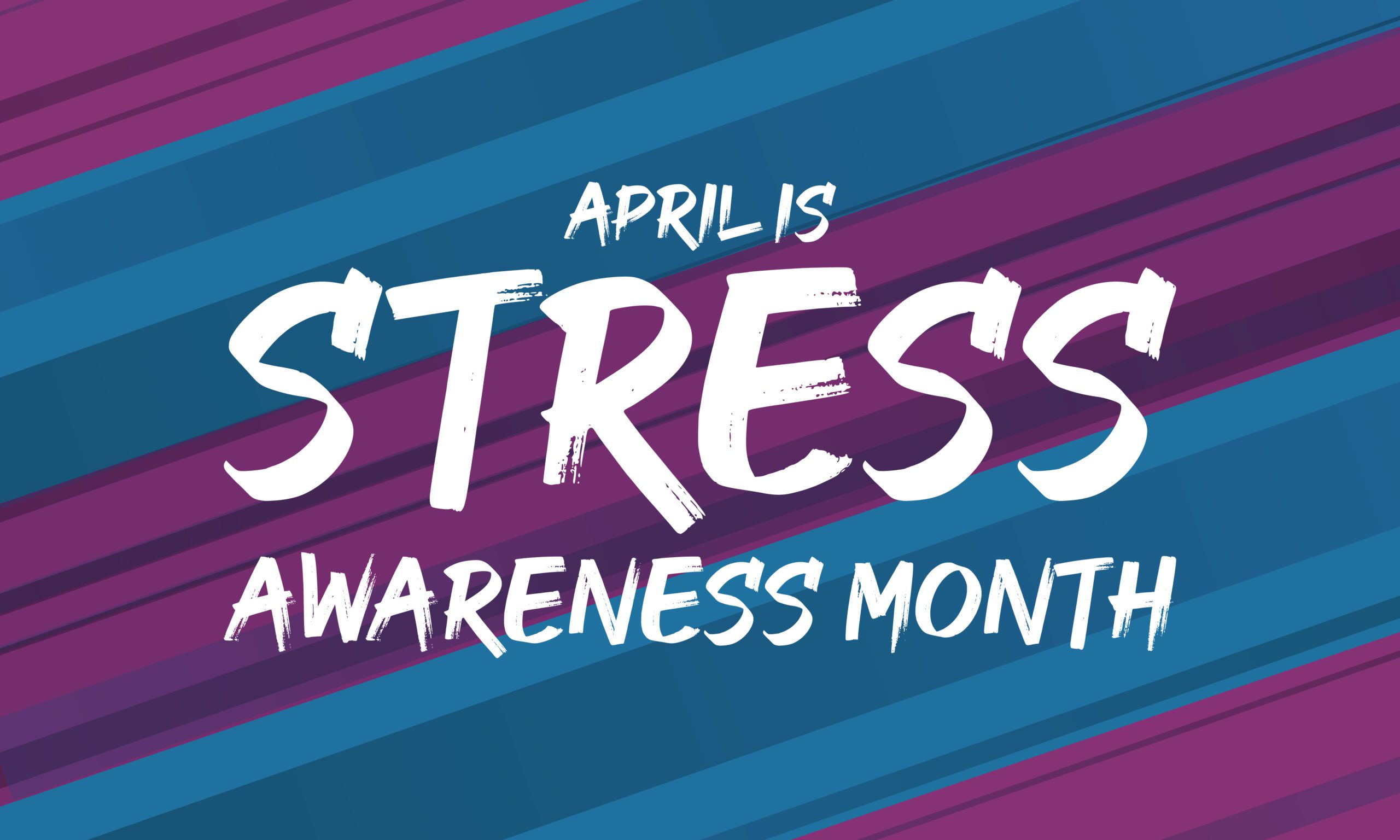 It is no secret that students face much pressure nowadays. With schoolwork, examinations, and social obligations, finding time for relaxation and self-care can get challenging. Moreover, with growing academic complexity and demanding curriculum each year, students often find themselves having to give a lot of time for their studies. This leaves little opportunity and time for their hobbies and pursuits or socializing with friends.
It is no secret that students face much pressure nowadays. With schoolwork, examinations, and social obligations, finding time for relaxation and self-care can get challenging. Moreover, with growing academic complexity and demanding curriculum each year, students often find themselves having to give a lot of time for their studies. This leaves little opportunity and time for their hobbies and pursuits or socializing with friends.
In the rat race of trying to achieve excellent grades and get admitted into a good college, students often forget that they need not just their mental faculties but also their emotional and spiritual sides to be successful. One way of nurturing all these three aspects is through the practice of meditation. While it has been around for centuries, meditation is now being recognized as an essential means of promoting mental and emotional well-being. It can be a powerful tool for reducing stress and improving focus.
What is meditation?
In simple terms, meditation is the art of doing nothing, staying still, and letting go of thoughts, cares, and worries to relax in your true nature, stirring love, joy, and peace.
How can meditation help you succeed in school?
Here are some of the ways that meditation can help you succeed in school:
-> Meditation can help you deal with stress and anxiety and manage it better. When you feel overwhelmed or stressed, meditating for a few minutes might help you relax and focus on the task at hand.
-> Meditation can improve your concentration. When you are able to focus better, you will be able to complete schoolwork more quickly and efficiently.
-> Meditation can help you learn new information. By improving your focus and concentration, meditation can help you absorb and remember information more effectively.
-> Meditation can make you feel more relaxed and at ease. This can help you feel more confident in social situations and be less likely to experience anxiety or stress.
If you are looking for a way to reduce stress and improve your academic performance, consider giving meditation a try. It may just be the boost you need to succeed in school!
How can meditation specifically help students?
Stress Relief: One of the main reasons students turn to meditation is because of the stress and anxiety that comes with academics. The pressure to get good grades, prepare for exams and meet deadlines can be difficult at times. In such situations, taking a few minutes out to meditate can help clear the mind and calm down. Meditation has been shown to increase gray matter density in some regions of the brain, which is associated with better stress management.
Concentration Improvement: When studying or working on assignments, it is crucial to be able to focus and concentrate on the task at hand. Unfortunately, this can be difficult for students who are constantly bombarded with distractions. Meditation has been shown to improve focus and concentration, thereby helping students get more work done in a shorter period of time.
Information absorption: To do well in academics, students need to be able to absorb and remember the information they are studying. But with numerous distractions and a busy lifestyle, many students find it challenging to focus on the task at hand. Meditation has been shown to improve information absorption and memory retention, thereby helping students to learn and remember information more effectively.
Emotional Well-being: A balanced emotional state is critical for students as it allows them to deal with stress and anxiety healthily. When students are feeling mental strain and stress, meditation can help restore balance and promote a healthy state of mind. Meditation has been shown to increase positive emotions such as joy, happiness, contentment, and love. It also decreases negative emotions such as anger, anxiety, stress, and depression.
 How can you meditate?
How can you meditate?
There are many different ways to meditate, and the best way to find out what works for you is to experiment a bit. However, to begin with, here are a few tips that can help you get started:
-> Find a quiet place where you can sit or recline in comfort.
-> Sit with your spine straight, your eyes closed, and your hands resting in your lap with your palms up.
-> Take a few deep breaths and let go of all thoughts and distractions.
-> When you are ready, focus on your breath and count each inhale and exhale.
-> If you find your mind wandering, gently guide it back to your breath.
-> Meditate for as long as you like, starting with just a few minutes and building up to at least 20 minutes or more.
Remember, there is no wrong way to meditate, so experiment until you find a method that works best for you. And above all, be patient – the benefits of meditation often take time to manifest. But, with practice, you will soon find that meditation can help you achieve greater peace and calmness, both mentally and emotionally.
What are the alternatives to meditation?
Besides meditation, there are several ways to reduce stress and improve your focus and concentration. Some popular alternatives to meditation include:
-> Yoga: Yoga is a physical and mental exercise that combines breathing exercises, meditation, and postures. It is often used to improve flexibility, strength, balance, and posture.
-> Tai Chi: Tai Chi is a form of martial arts that combines deep breathing and relaxation with slow, gentle movements. It is often used to improve balance, flexibility, and strength.
-> Qi Gong: Qi Gong is a form of martial arts and meditation that combines deep breathing with slow, gentle movements and visualization. It is often used to improve balance, flexibility, strength, and energy levels.
-> Mindfulness: Mindfulness is a form of meditation that focuses on the present moment and accepts thoughts and feelings without judgment. It is often used to improve focus, concentration, stress relief, and emotional well-being.
So, if you are feeling hardship by academics and looking for a way to reduce stress and improve your academic performance, consider giving meditation or one of its alternatives a try for a few minutes and see how you feel; you may just be surprised at the positive difference it makes! It is possible that you will be amazed at how much of a difference it makes and be the boost you need to succeed in school!
By Cynthia Sullivan

 How can you meditate?
How can you meditate?
